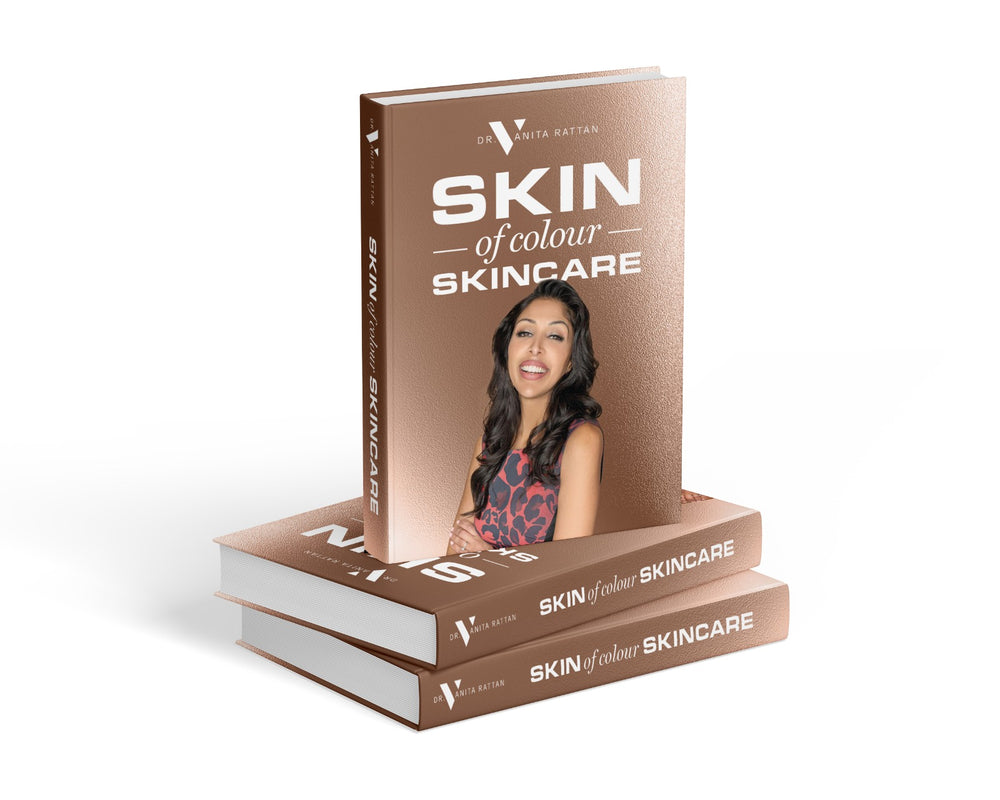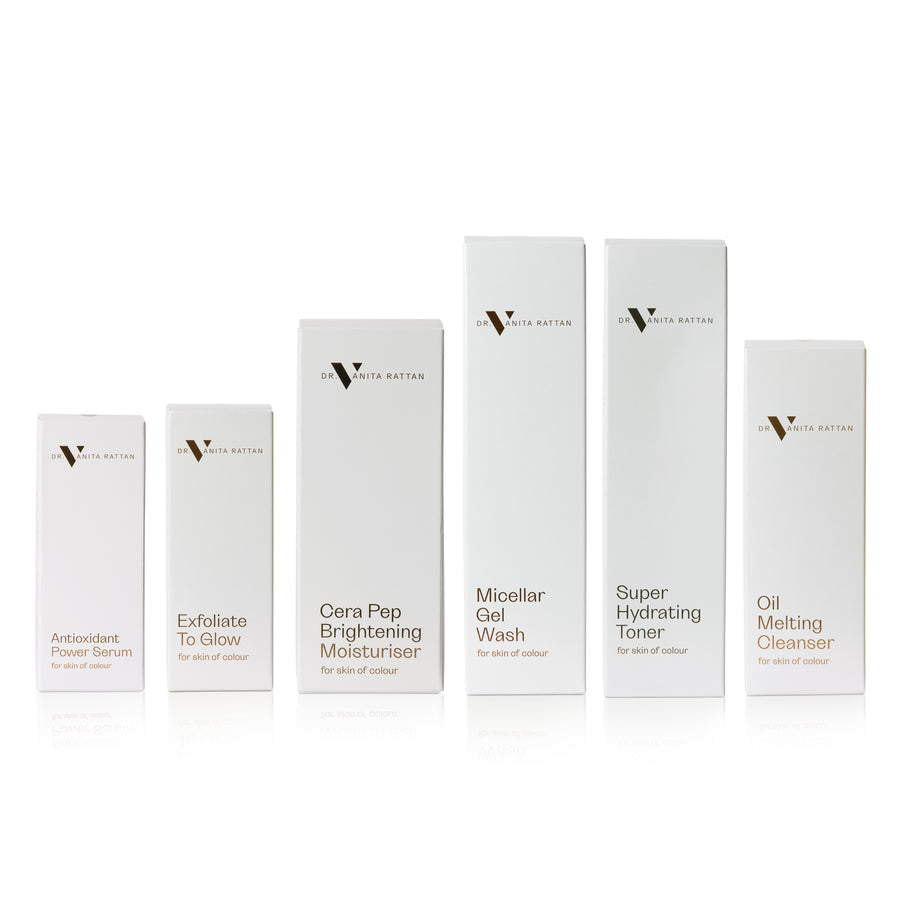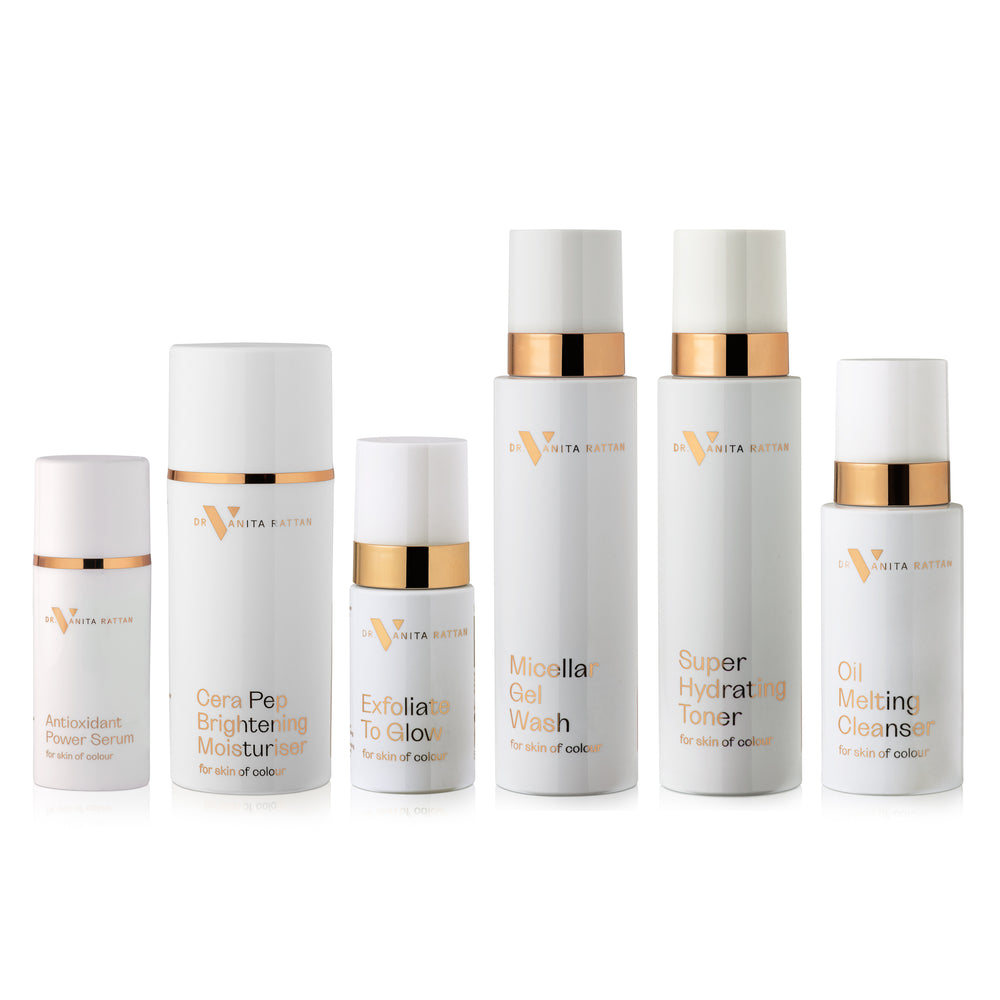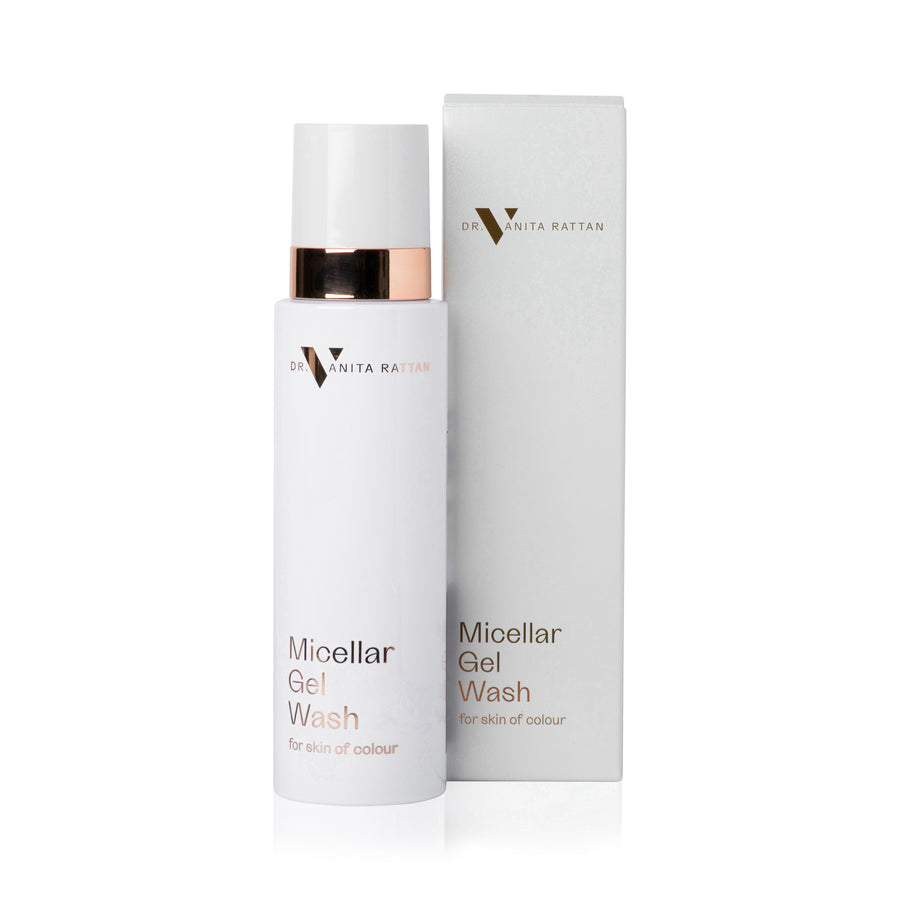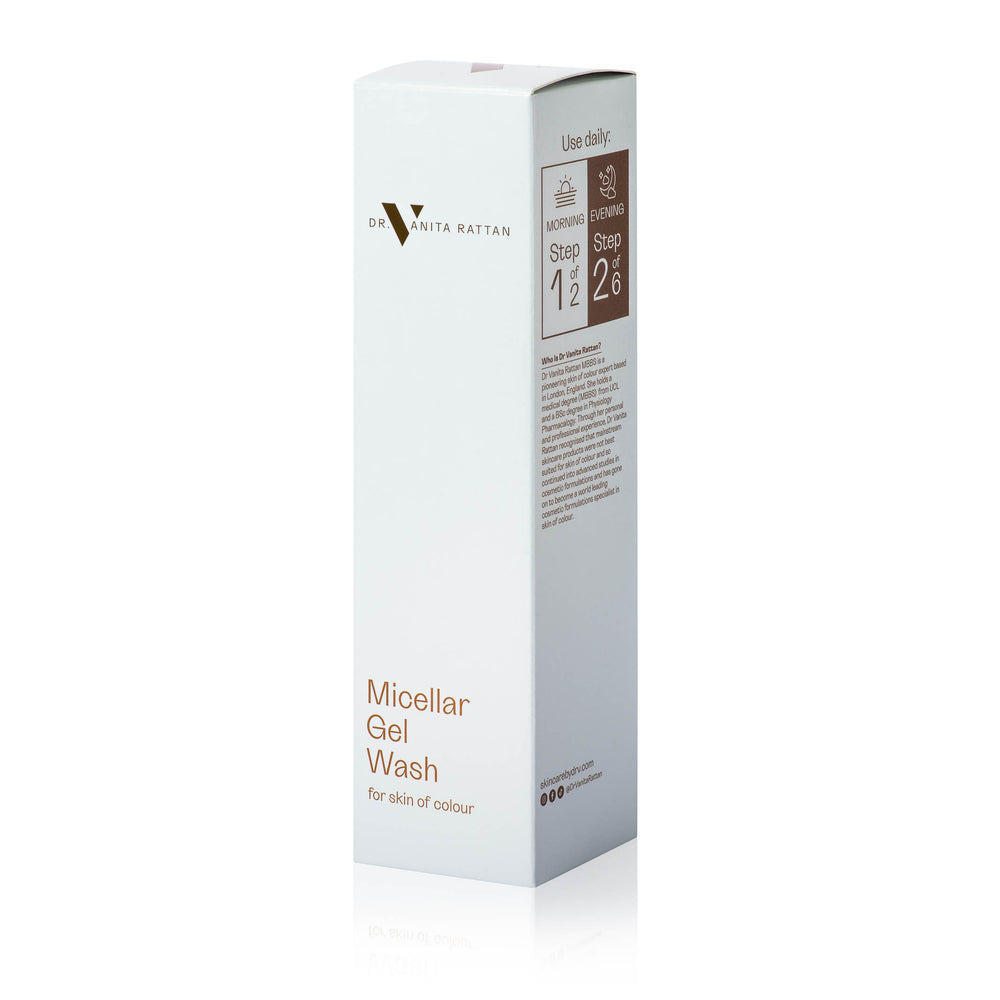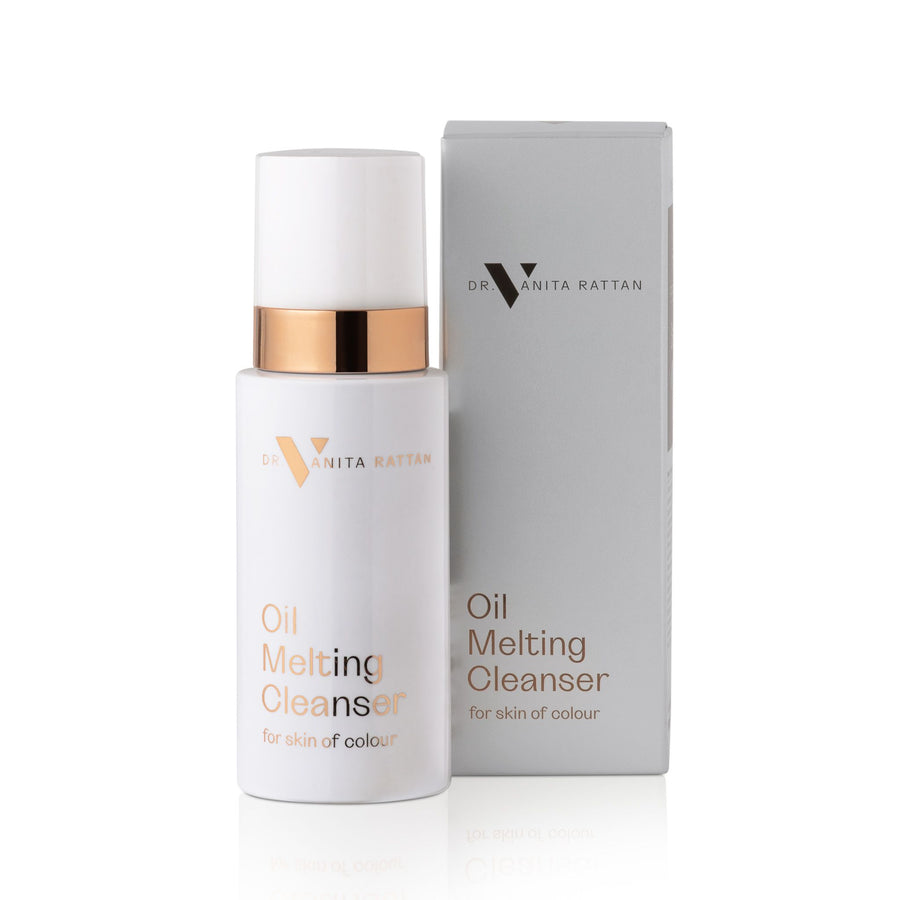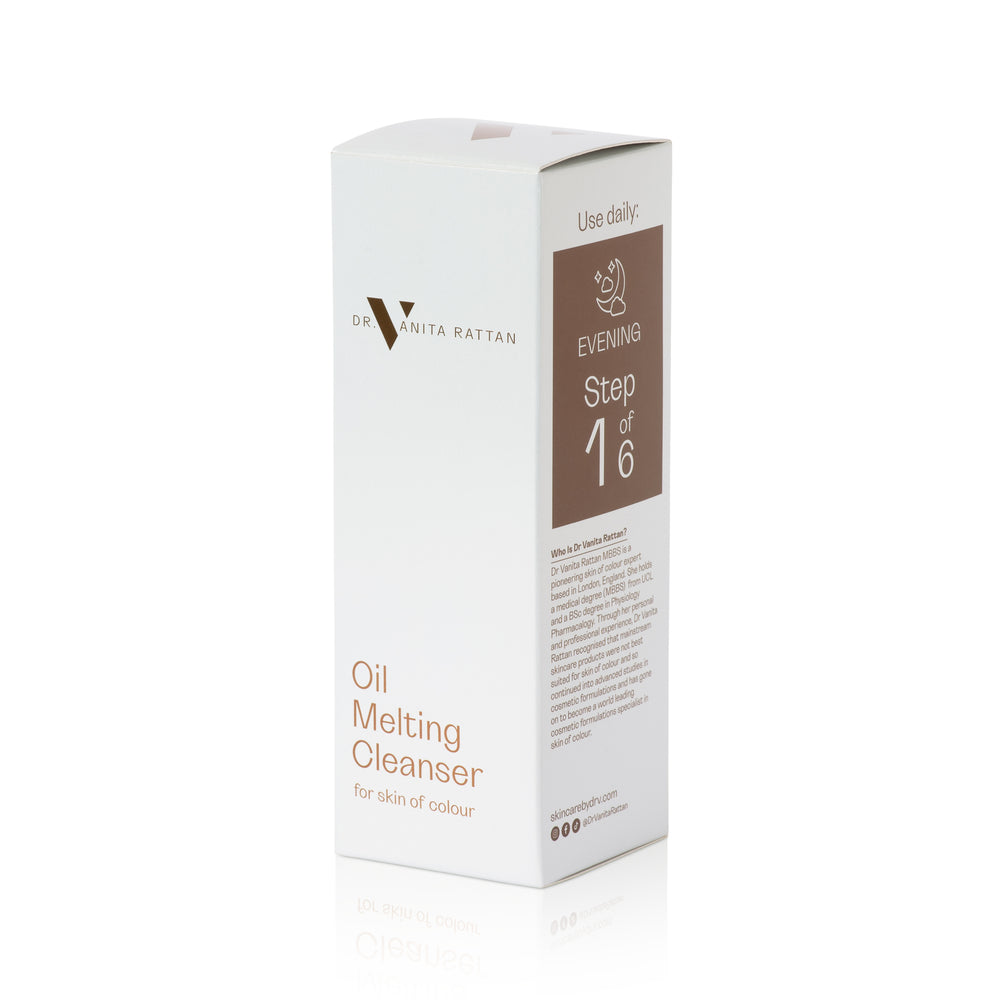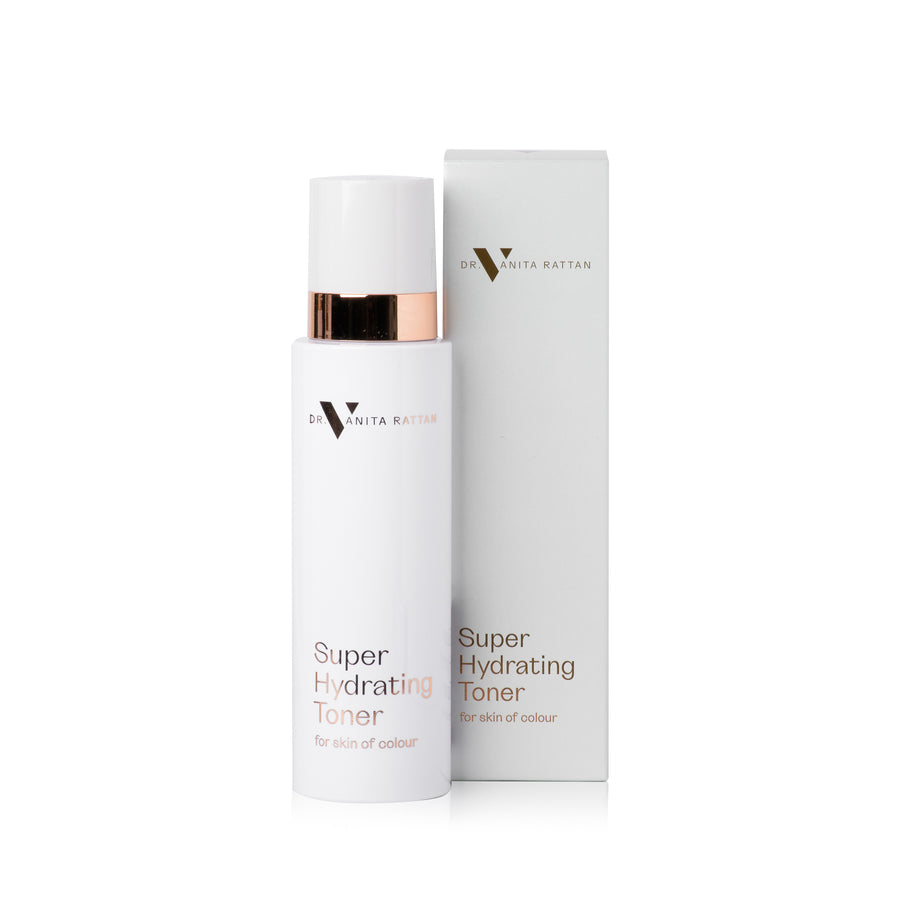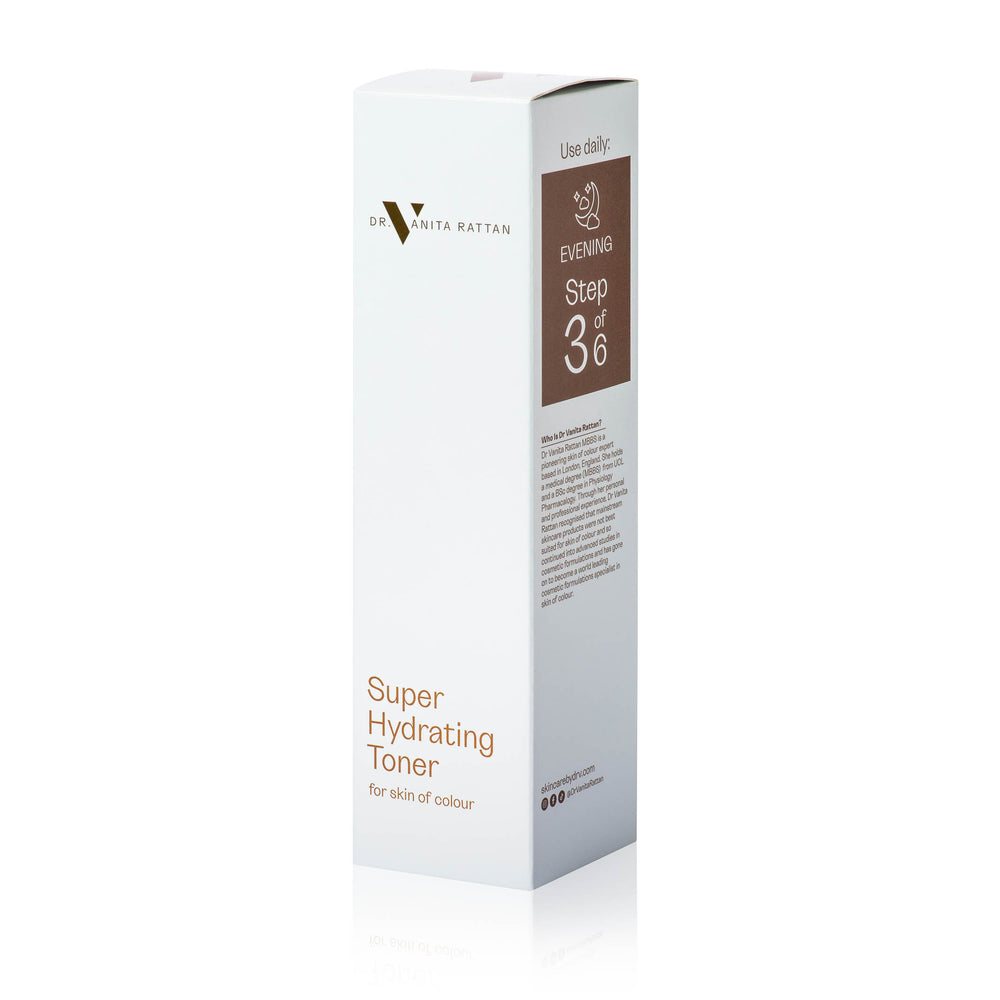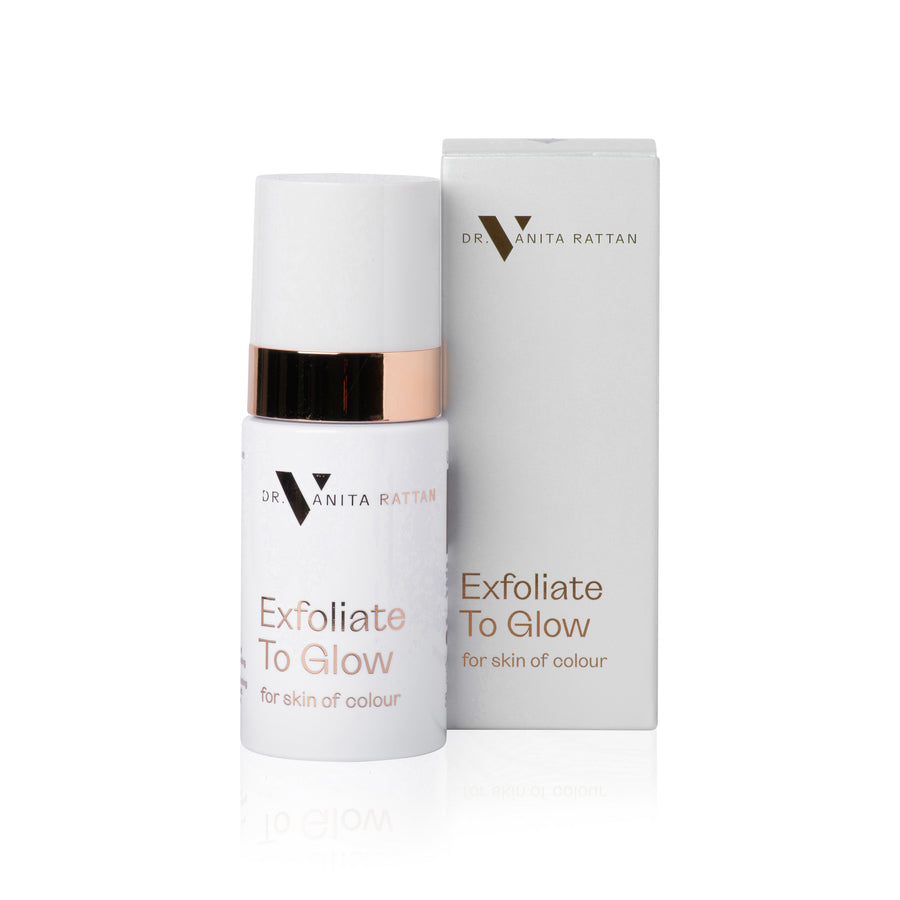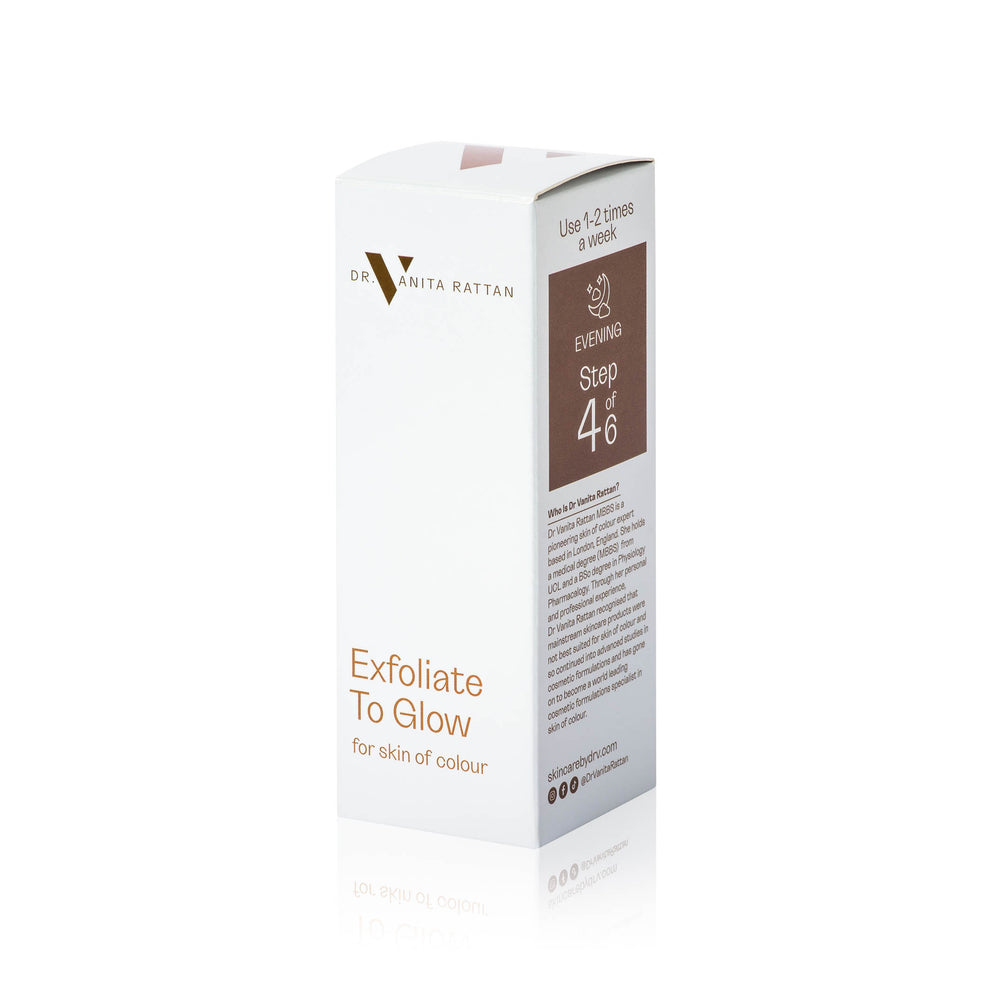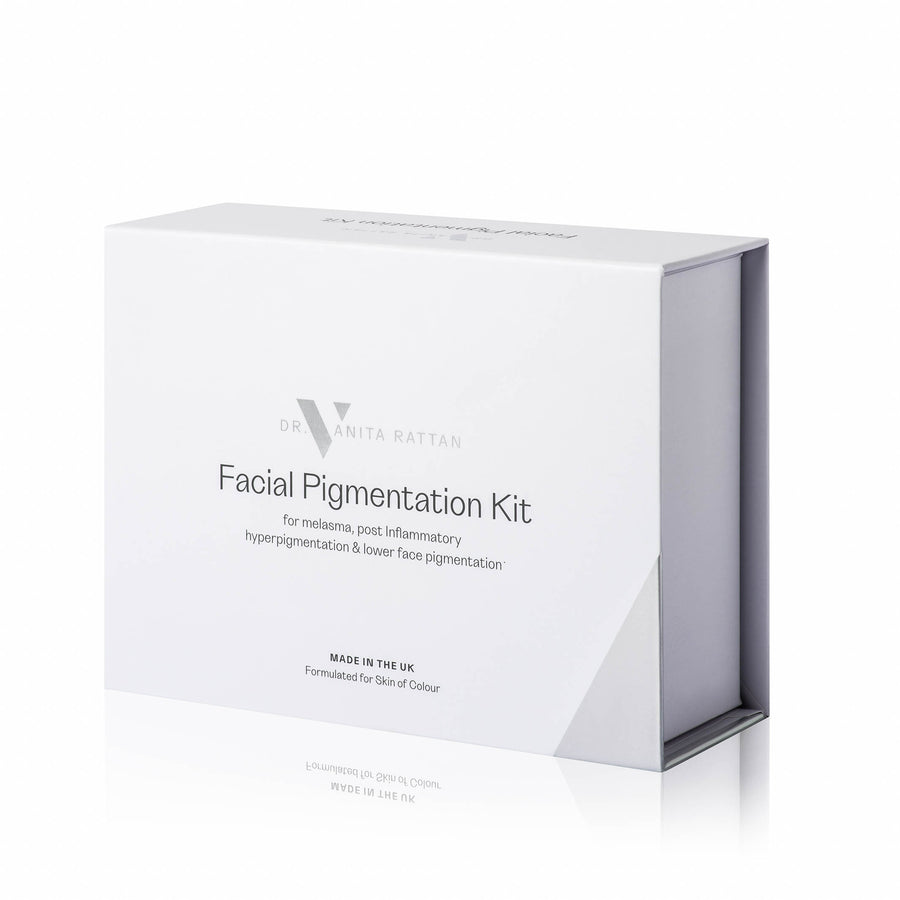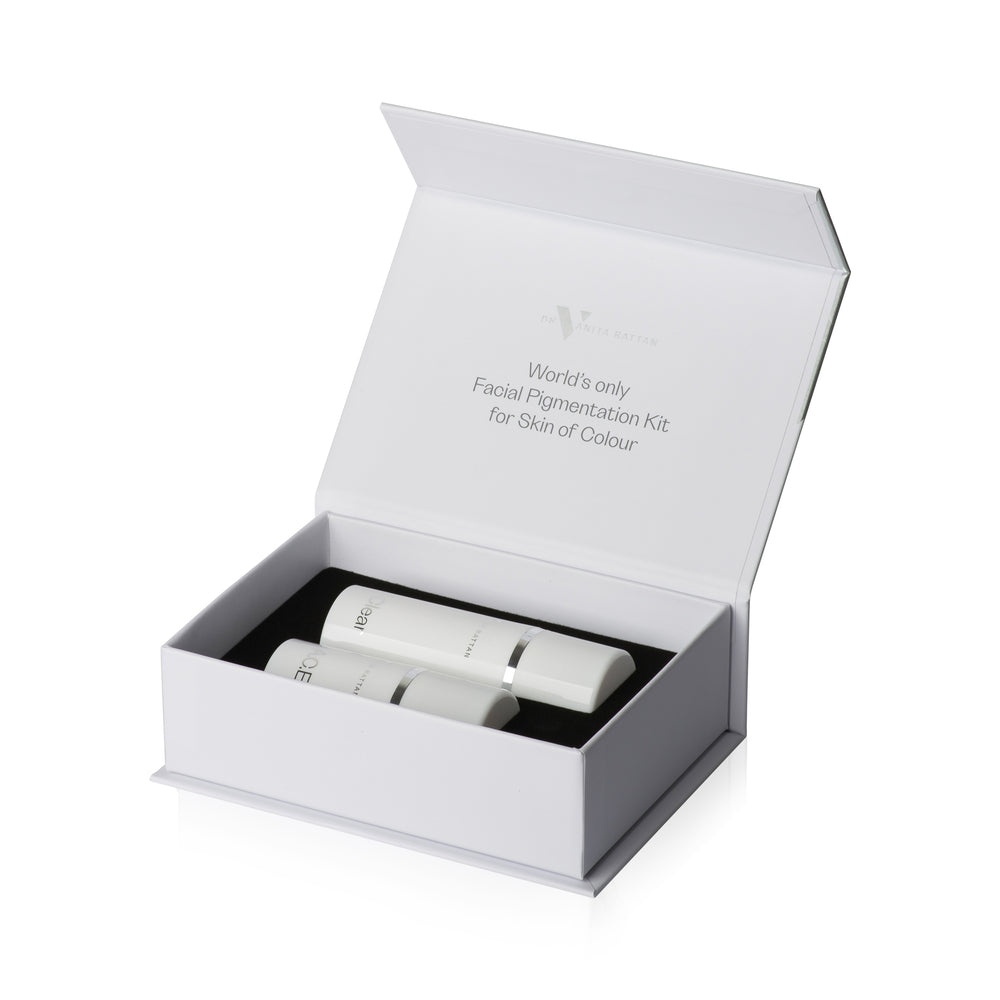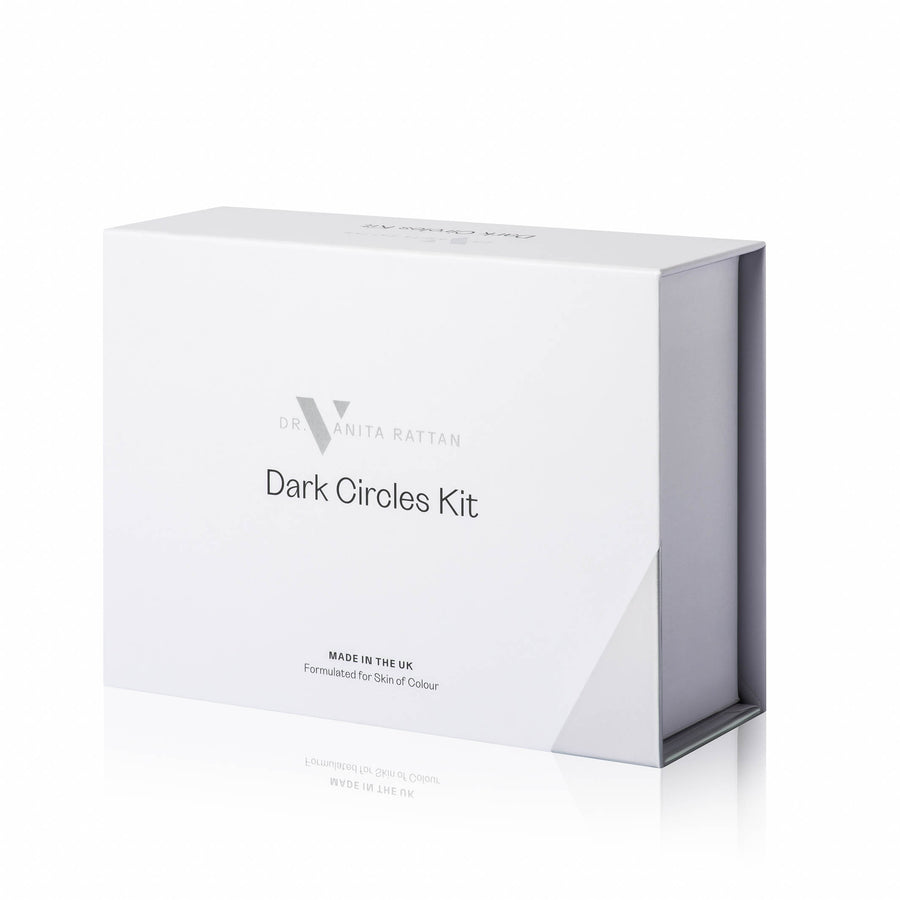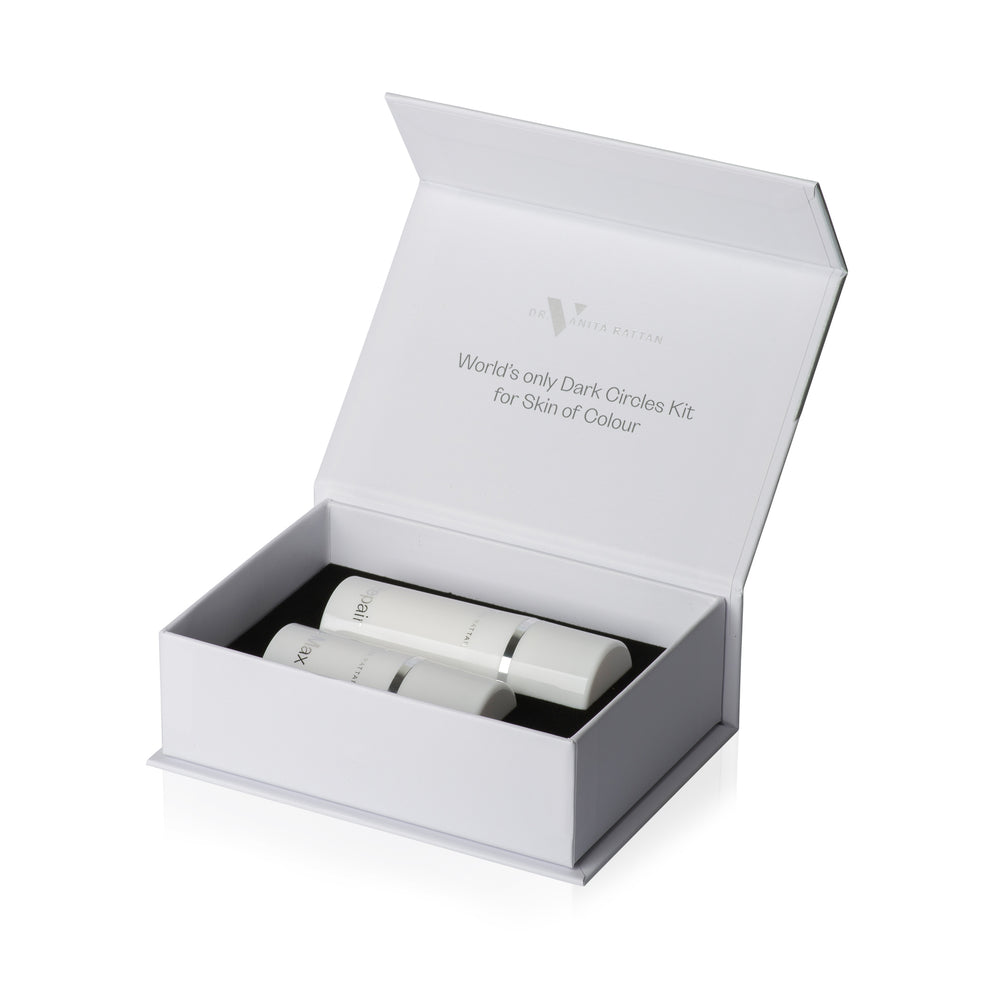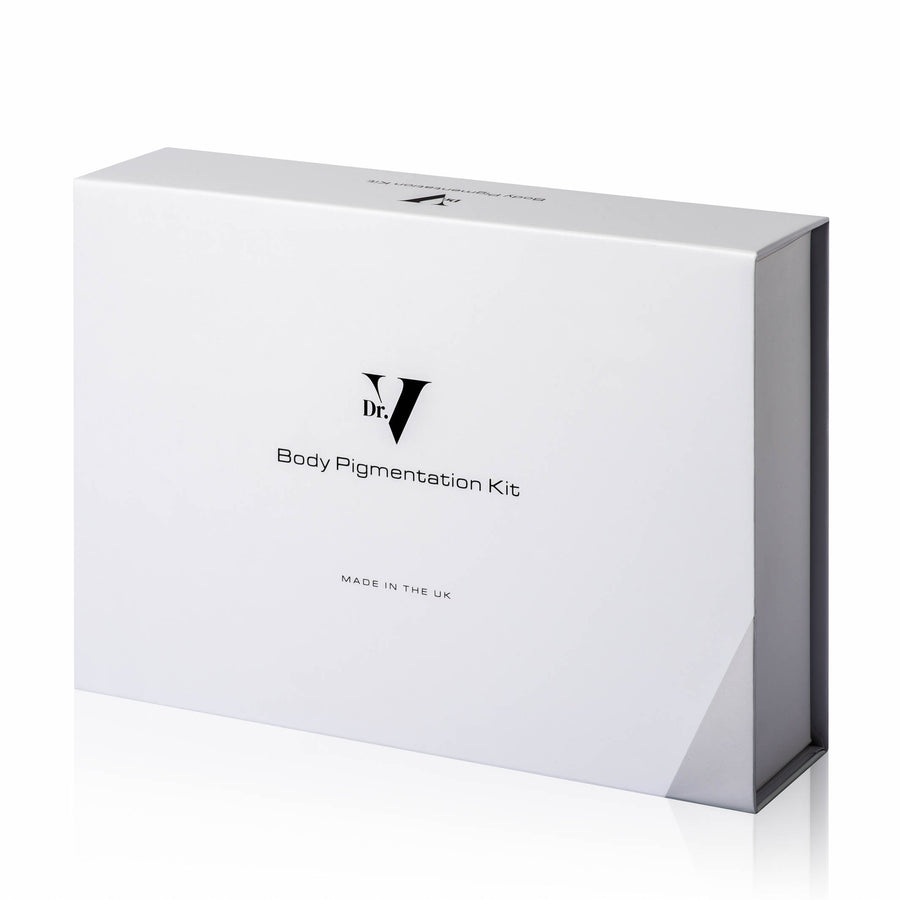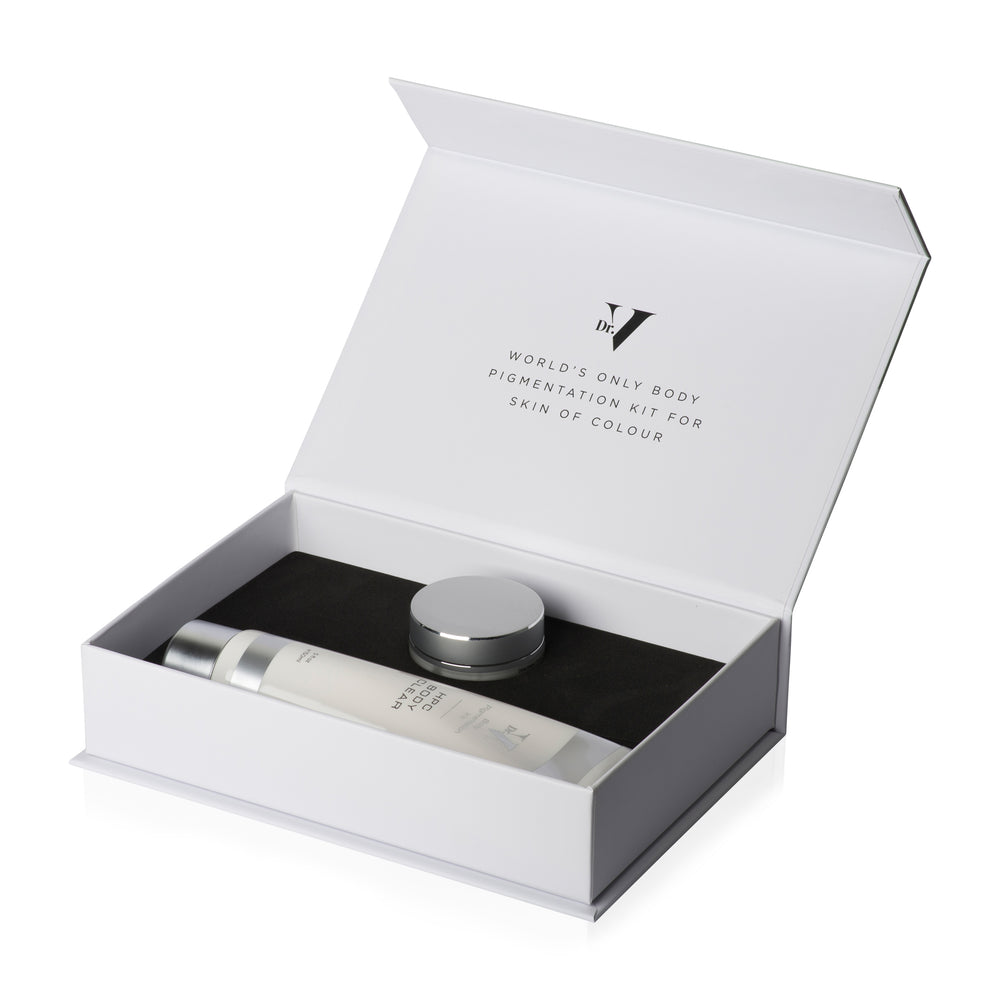Eczema

Eczema, also known as called atopic dermatitis, is a condition that compromises your skin barrier.
One thing to remember about eczema is that it's not contagious and your main goal is to manage it and make it more comfortable. Ideally use NAFE SAFE products (no alcohol, fragrance alcohol).
Eczema is more likely to occur in a person who has a family history of it.
Atopic eczema is the most common form of eczema, a condition that causes the skin to become itchy, dry and cracked. Atopic eczema is more common in children, but it may also develop for the first time in adults.
It's usually a long-term condition, although it can improve significantly, or even clear completely in some children as they get older. Some people only have small patches of dry skin, but others may experience widespread inflamed skin all over the body.
Eczema symptoms:
- Dry skin.
- Itchy skin.
- Red rashes.
- Bumpy skin.
- Scaly, leathery patches.
- Crusting.
- Swelling.

What Makes Eczema Worse?
The environment plays a huge role in eczema and how badly the skin is aggravated. Just like with asthma and hayfever, many substances within our environments can make it worse. These are called allergens. Allergens may include things like pollen, pet hair or certain foods, such as egg, milk, or peanuts.
Exposure to other factors is another major contributor. Certain fabrics can be irritating to the skin.
Try to avoid substances that dry the skin like detergents, soaps, and bubble baths. Remember NAFE SAFE products.
Tips & Treatments For Eczema:
- DON'T SCRATCH: This will only aggravate and inflame the skin making your eczema worse
- MOISTURISE: You need to invest in a FATTY moisturiser to prevent the skin from drying out. Apply at least 2-3 times per day to keep the skin hydrated. Dr V Cera Pep Moisturiser is suitable for active eczema and eczema prone skin.
- OIL: Apply Body Oil whilst wet from the shower.
- MEDICATION: Anti-histamine tablets to reduce inflammation from allergens
- PERSCRIPTION CREAMS: Sometimes eczema requires a prescription steroid cream or ointments that a GP prescribes.
- SHOWER: Take a lukewarm shower – AVOID hot baths as this aggravates eczema.
- USE A HUMIDIFIER: Hot, dry indoor air can parch sensitive skin and worsen itching and flaking. A humidifier will add moisture to the air inside your home.
- WEAR SUNSCREEN: Protect your skin ALWAYS, its already compromised - apply SPF50 always to reduce irritation. Dr V Inzincable is great sunscreen as it will give you Maximum UVB/UVA (PA++++) protection
- PROTECTIVE CLOTHING: Avoiding clothing that's rough in touch or tight to the skin.
- TREAT STRESS AND ANXIETY: Stress and other emotional disorders can worsen atopic dermatitis. Acknowledging those and trying to improve your emotional health can help.

Eczema & Infection
When scratching your skin, it may become prone to infection. This occurs when bacteria enter the skin through broken areas.
Signs of infection include:
- Skin that is more painful than usual
- Skin that is itchier than your norm
- Finding it hard to extend your elbows or knees
- Bleeding eczema
- Weeping eczema
- Yellow or crusty scabs
If you think your eczema has become infected, you need to get seen by your GP asap.
Head over to my YouTube channel to follow a step-by-step routine for managing your eczema: https://www.youtube.com/watch?v=OdlH_1YL67k


